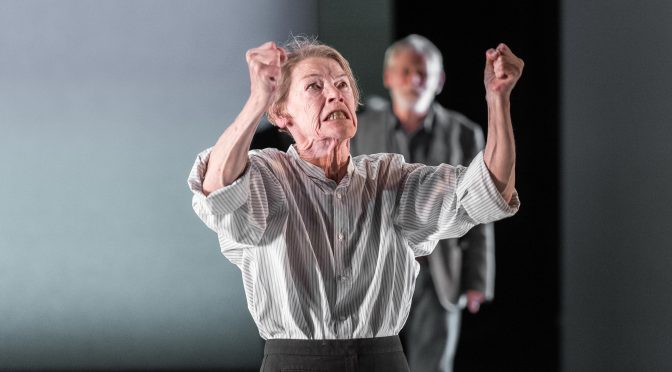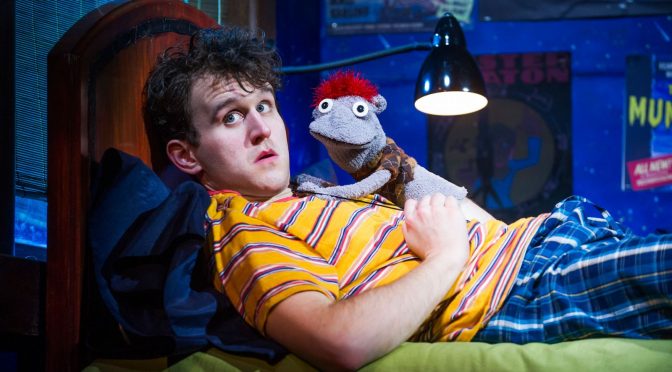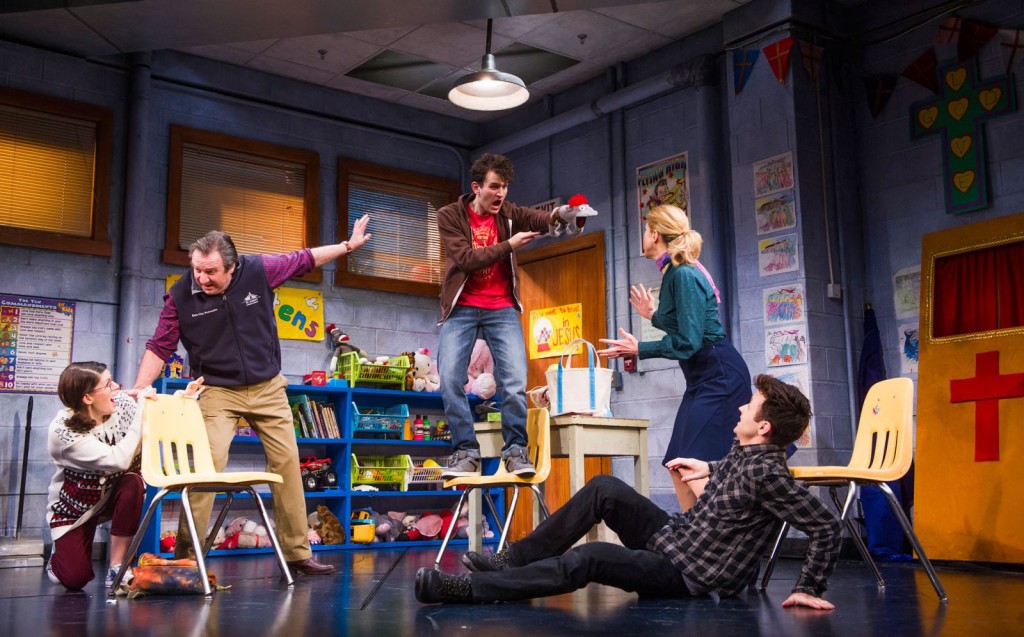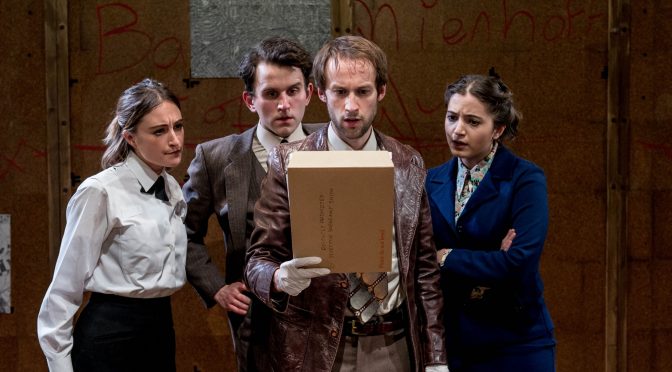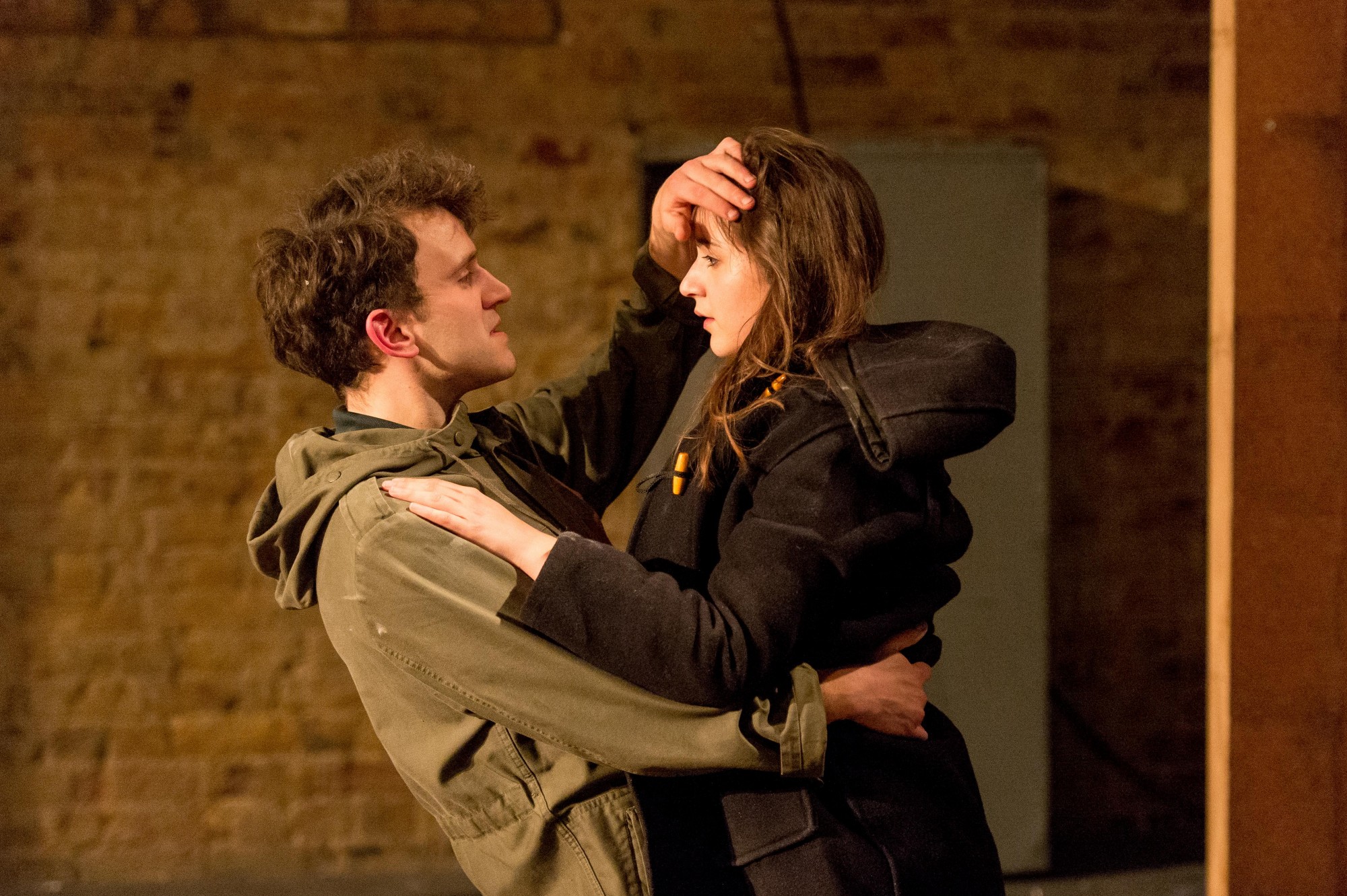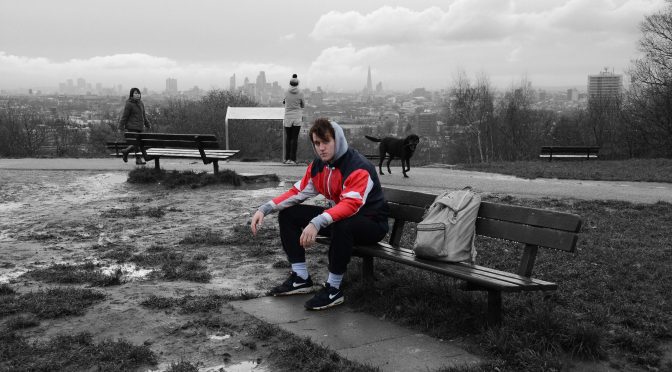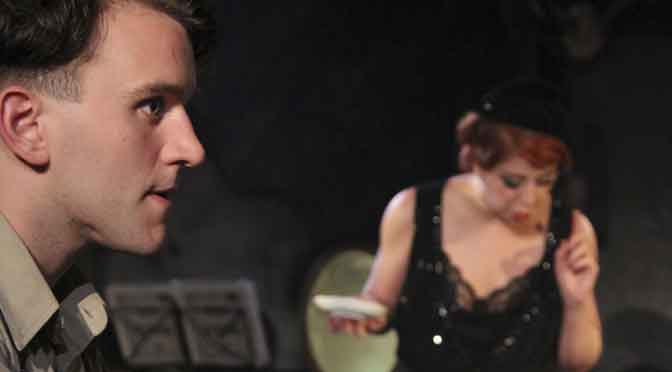Returning to the stage after working as an MP for 23 years, Glenda Jackson’s decision to take the title role in Shakespeare’s tragedy has made this show hotly anticipated. It’s something of a relief, then, to report that the Oscar-winning actress gives a commanding performance. Her Lear may not be the most emotional, but it is subtle and intelligent. No time is wasted debating the gender blind casting – she’s doing Lear, get over it – the delivery sounds fantastic while pathos and power build masterfully. As if confirmation were needed, it’s clear Jackson is not afraid to take risks, showing a surprising element of mischievousness during the most painful scenes.
A stellar line-up joins Jackson, but nobody challenges her eminence – which is not surprising, but perhaps a little disappointing? Too many cast members seem burdened by ideas from director Deborah Warner. There are great performances from Celia Imrie and Jane Horrocks (Goneril and Regan). But overall there’s a tendency to try too hard to make a mark: case in points are Simon Manyonda’s yoga-posing Edmond, Morfydd Clark’s over-earnest Cordelia and a misguided choice of accent for Sargon Yelda’s Kent. Harry Melling holds his own as Edgar, despite a ridiculous bin-bag nappy. Rhys Ifans is less successful with his Superman costume for the Fool. There’s more to his role than being funny, of course, but some lines are supposed to tickle us – instead Ifans eats a raw egg to get attention.
With a set of projections and black rubber sheeting, designed by Warner with Jean Kalman, there are plenty of clever moves and gory touches (watch out for flying eyeballs) that provide excitement. But abandoned, surely deliberately, is a sense of a society – when and where all this is taking place. Warner wants to deal with abstracts, which is her prerogative, and some of the play’s themes do gain when treated in this way (the lust for power is seen more starkly without a context). But surely a trick is missed in making this King Lear feel outside politics? More concerning, drama is distinctly lacking as a sense of predestination comes to the fore. It’s admirable that no laurels were sat on, but attempts to make this more than Glenda Jackson’s show don’t quite work.
Until 3 December 2016
Photo by Manuel Harlan

